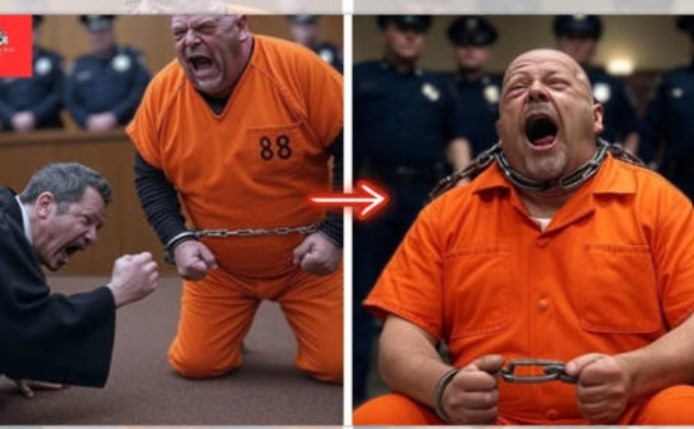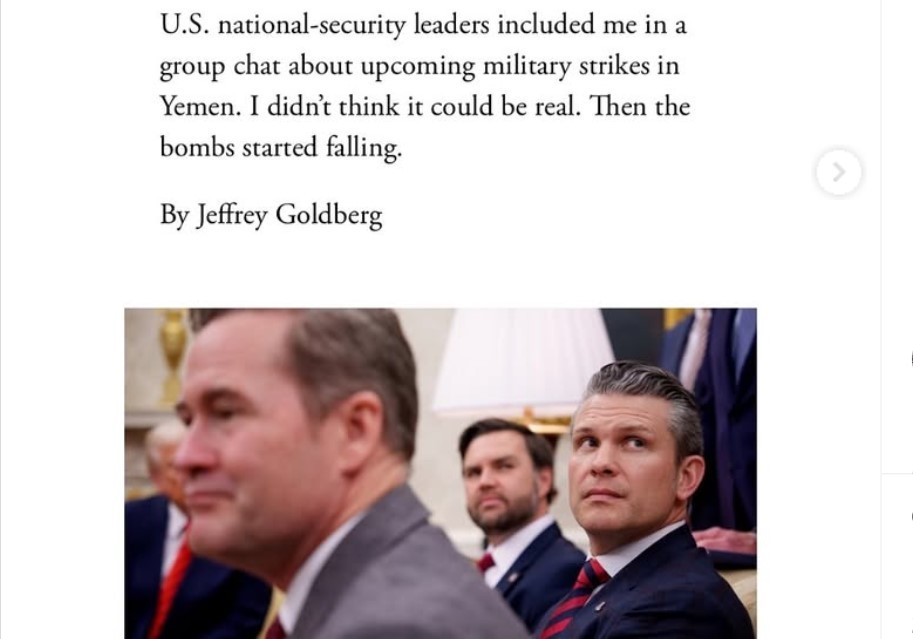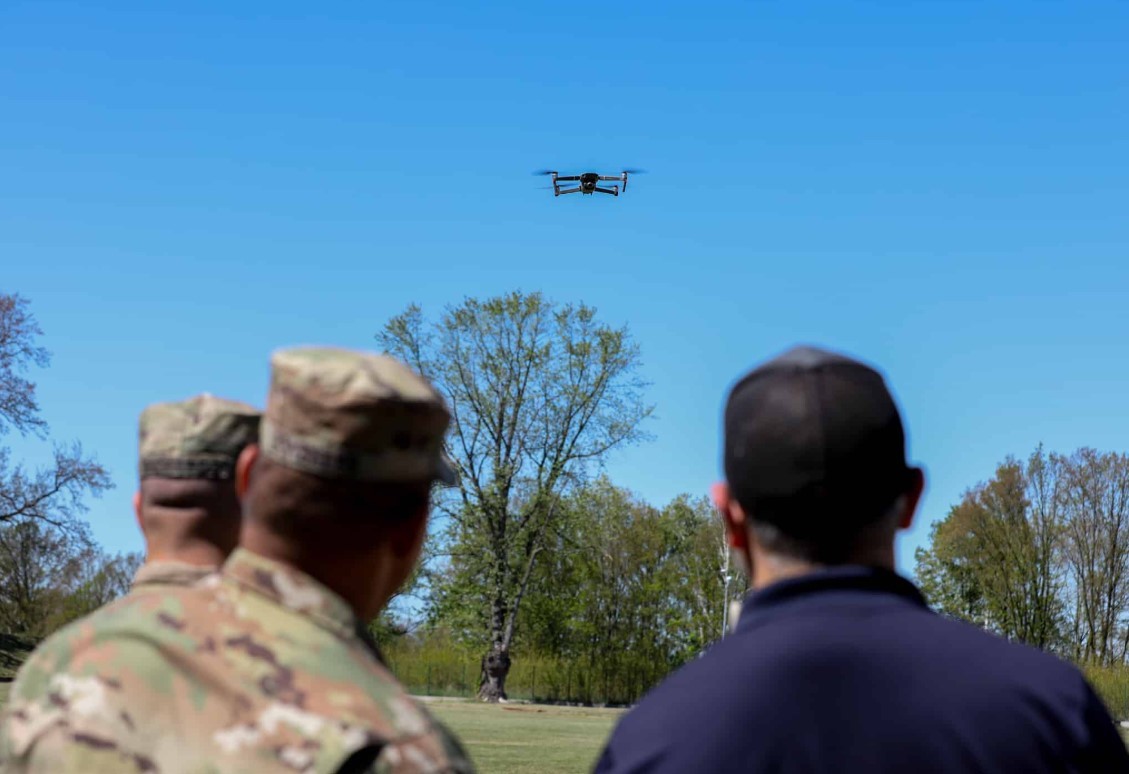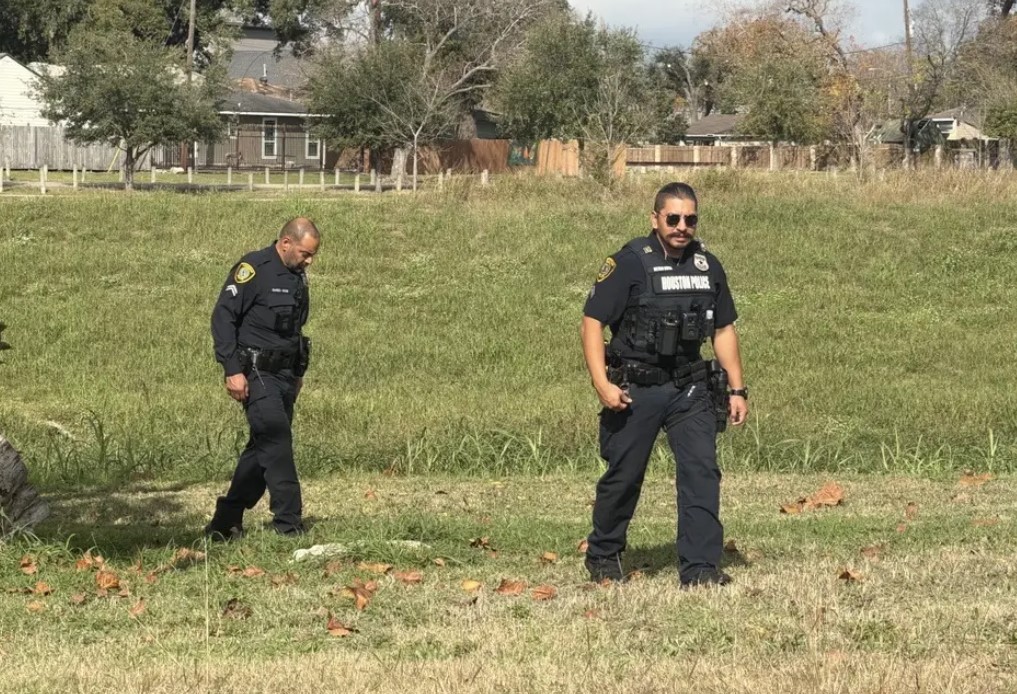Fact-Check: North Korean Troops Fighting in Russia's Kursk
White House: North Korea Loses More Than 1000 Troops... Without EvidenceOn Friday, White House National Security Council spokesperson John Kirby told a press briefing that North Korean units were launching "human wave" attacks on Ukrainian positions in Kursk Oblast.He claimed that "expendable" North Korean troops are massing, dismounting, and attacking Ukrainian positions, which "haven't really been all that effective" and have killed 1,000 people in the past week. |
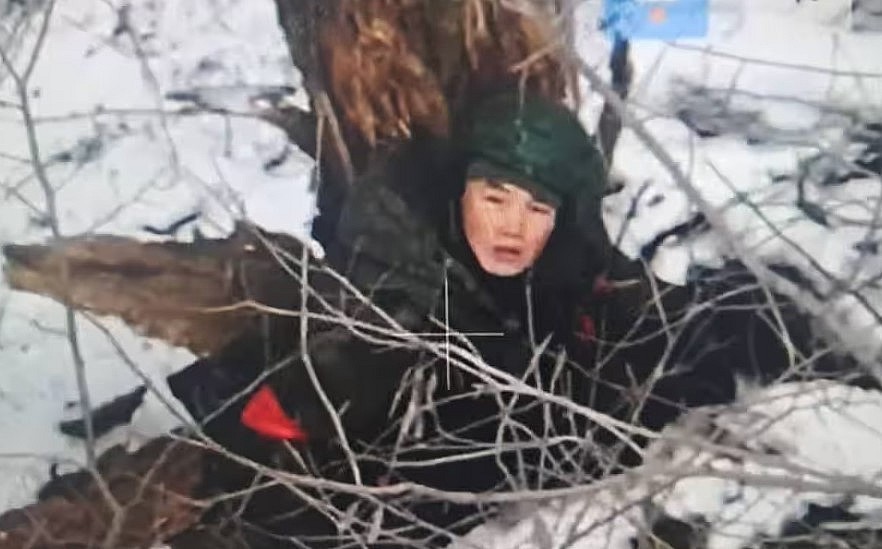 |
| North Korean troops in Kursk? |
Reports of North Korean soldiers fighting alongside Russian forces in Ukraine's Kursk region have emerged in various media outlets, sparking heated debates about their credibility. These claims, purportedly backed by witness accounts, photographic evidence, and intercepted communications, allege that thousands of North Korean troops have been deployed to bolster Russia's military efforts. This article examines the claims, evidence, and responses from all sides to determine whether these reports hold water.
The Claims
-
Deployment Numbers and Casualties
Various sources, including Ukrainian and South Korean intelligence, claim that up to 12,000 North Korean soldiers have been deployed to assist Russian forces. Casualty estimates range from 1,000 to 3,000 dead or wounded within weeks of their arrival. According to these reports, many North Korean troops are from elite units, such as the Storm Corps, and are being used in frontline assaults.
-
Evidence of Presence
Alleged evidence includes:
- Images and videos of deceased North Korean soldiers, reportedly with fabricated Russian military IDs.
- Accounts of North Korean troops being transported to hospitals in Kursk and Moscow.
- Intercepted communications discussing wounded North Korean soldiers treated in Russian medical facilities.
- Claims that the North Koreans are disguised as Russian ethnic minorities such as Yakuts and Buryats to blend in.
-
Official Silence and Denials
Both Russia and North Korea have denied or avoided addressing these claims. Russian President Vladimir Putin did not mention North Korean soldiers during a recent press conference, despite naming other units involved in the Kursk conflict. North Korean officials, known for their secretive stance, have neither confirmed nor denied the reports.
Analysis of Evidence
Visual and Documentary Evidence
Photographs and videos shared by Ukrainian forces reportedly show deceased North Korean soldiers, but their authenticity remains unverified. The claimed IDs, allegedly issued by Russian authorities, have not been independently examined to determine if they were forged.
Satellite images or geolocation data corroborating the movement of North Korean soldiers in Kursk have not surfaced. This lack of verifiable imagery raises questions about the validity of the claims.
Eyewitness Testimonies
Medical staff in Kursk have anonymously reported treating wounded North Korean soldiers. These accounts describe patients with shrapnel wounds and communication barriers requiring translators. However, without direct confirmation or corroborating evidence, these testimonies remain anecdotal.
Local residents in Kursk and nearby areas report no visible signs of North Korean soldiers. Their presence appears restricted to military bases and hospitals, limiting civilian interaction and direct observations.
Intercepted Communications
Ukrainian intelligence claims to have intercepted calls and videos involving North Korean soldiers. One purported conversation detailed the challenges they faced on the battlefield, particularly against Ukrainian drones. Yet, the lack of independent verification undermines the reliability of this evidence.
Troop Capabilities and Context
Experts have expressed skepticism about the effectiveness of North Korean troops in modern warfare. The Storm Corps, though elite by North Korean standards, reportedly lacks experience with advanced military technology and modern tactics. Language barriers and unfamiliarity with the terrain further diminish their potential impact.
Former North Korean soldiers, now defectors, suggest that many troops would have seen deployment as an opportunity for better living conditions compared to the hardships at home. However, they also highlight cultural indoctrination that discourages surrender and emphasizes sacrifice.
Counterarguments and Skepticism
Critics of the reports argue that they may serve as propaganda tools:
- Ukrainian Perspective: Highlighting North Korean involvement could be intended to discredit Russia by suggesting it requires foreign mercenaries to sustain its war efforts.
- Western Perspective: The reports align with narratives portraying North Korea as a rogue state actively undermining global stability.
- Lack of Independent Verification: The absence of neutral, third-party evidence diminishes the credibility of the claims. Most reports originate from Ukrainian, South Korean, or Western intelligence sources, which may have biases.
Official Responses
-
Russia
Russian officials have neither confirmed nor explicitly denied the presence of North Korean soldiers. This silence could suggest an effort to maintain plausible deniability while managing the optics of relying on foreign forces.
-
North Korea
Pyongyang has remained silent on the matter. Historically, North Korea’s military activities abroad have been shrouded in secrecy, often accompanied by denial.
-
South Korea and the United States
South Korean intelligence and U.S. officials have raised alarms about North Korean involvement, citing intercepted communications and casualty figures. However, these claims lack independent verification.
-
Ukraine
Ukrainian authorities have aggressively publicized the alleged involvement of North Korean soldiers. President Zelenskyy and military spokespeople have emphasized the reported casualties, framing the presence of foreign troops as evidence of Russia's desperation.
Broader Implications
Geopolitical Considerations
North Korea’s alleged involvement in Ukraine could signify deeper ties with Russia. In exchange for troops, Pyongyang may be seeking economic or military support, such as advanced weaponry or relief from international sanctions.
Impact on the Conflict
If the reports are true, the deployment of North Korean troops underscores the challenges Russia faces in sustaining its military campaign. However, the limited military capabilities of North Korean forces suggest their impact may be minimal.
Recommendations for Further InvestigationIndependent Verification: Encourage neutral organizations to investigate the claims using satellite imagery, field interviews, and forensic analysis. Transparency from Governments: Press involved parties, particularly Russia and North Korea, to address the allegations directly. Open Source Intelligence (OSINT): Utilize social media geolocation, flight tracking, and other OSINT tools to verify troop movements and deployments. This fact-check serves as a reminder of the importance of rigorous scrutiny in evaluating wartime claims. Until verified, the presence of North Korean troops in Kursk should remain a topic of cautious inquiry rather than definitive assertion. |
Conclusion
The allegations of North Korean troops fighting in Kursk remain unverified. While there is some evidence to support the claims, it is largely anecdotal or unsubstantiated. The lack of independent verification, combined with the secretive nature of the involved parties, makes it impossible to confirm these reports conclusively.
Without further proof, the narrative surrounding North Korean involvement in Ukraine should be approached with caution. Claims must be critically examined to separate fact from speculation, ensuring that misinformation does not further complicate an already complex conflict.
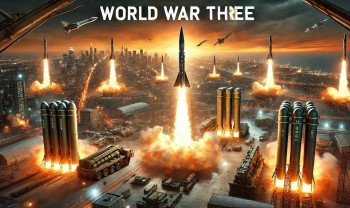 The Threat of World War Three from Ukraine’s Use of Long-Range Missiles The Threat of World War Three from Ukraine’s Use of Long-Range Missiles In this analysis, we will explore the geopolitical and military implications of this escalation, examine the rhetoric and potential responses from Russia, and assess whether ... |
 The Anti-personnel Landmines Sent to Ukraine: Banned by Over 150 Nations, Approved by the U.S. The Anti-personnel Landmines Sent to Ukraine: Banned by Over 150 Nations, Approved by the U.S. On November 20, 2024, U.S. Defense Secretary Lloyd Austin announced that the Biden administration would permit Ukraine to utilize American-supplied anti-personnel landmines in its defense ... |
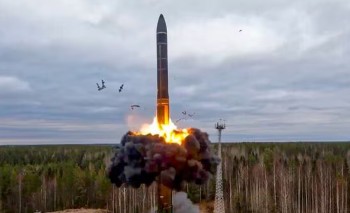 What Makes an ICBM Deadly? Nuclear Warheads, and Catastrophic Impact What Makes an ICBM Deadly? Nuclear Warheads, and Catastrophic Impact The world is shocked by Ukraine's claim that Russia has used an Intercontinental Ballistic Missile (ICBM) in combat for the first time. The devastating scope ... |
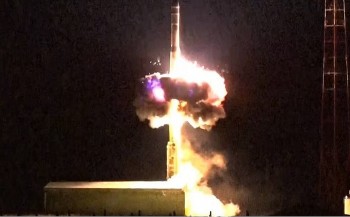 The 10 Most Devastating ICBMs on the Planet: From Sarmat to Minuteman The 10 Most Devastating ICBMs on the Planet: From Sarmat to Minuteman Chinese media outlets have conducted a poll and compiled a ranking of the top 10 intercontinental ballistic missiles (ICBMs) currently regarded as the most powerful ... |

